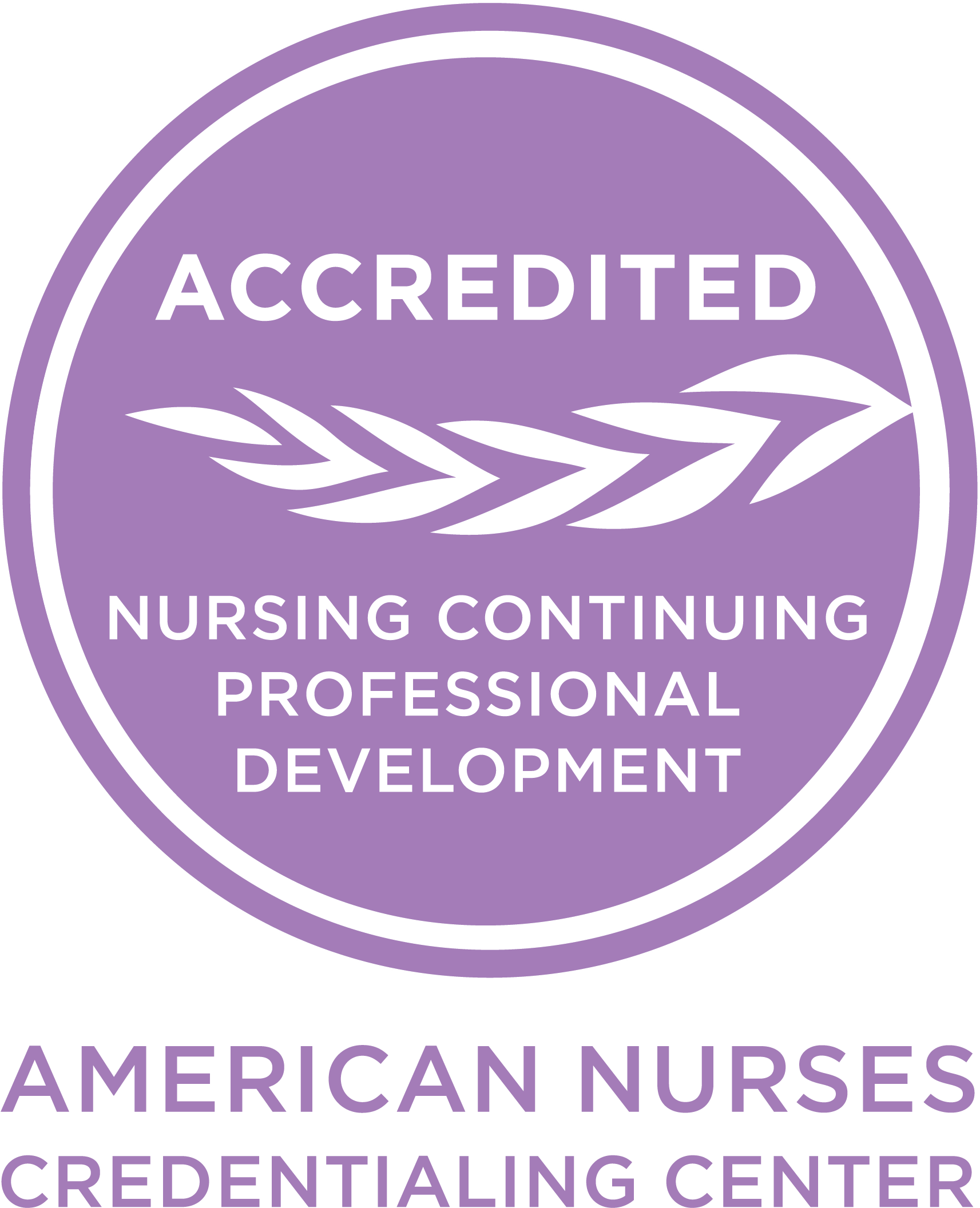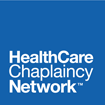Spirituality and Aging Course for Nurses and Social Workers
Course Author: Sue Wintz, M.Div., APBCC, BCC
Self-Guided
The Spirituality and Aging for Nurses and Social Workers course focuses on understanding and meeting the spiritual care needs of patients who are 65 or older as they experience the aging process. The course provides evidence-based knowledge, interventions, and application to empower nurses and social workers to integrate spiritual care skills in their daily patient care, regardless of a patient’s religion, spirituality, existential beliefs, or lack of stated beliefs. Course outcomes include:
- Increased awareness of the value of spiritual care as part of whole-person and patient-centered care;
- Optimal care that aligns with elder patients’ goals and values and reduces the burden of illness; and,
- Enhanced quality of life for patients ages 65 and older, and their families.
Learning Objectives
By the end of this course the learner will be able to:
- Review sociological theories of aging
- Describe and apply the major concepts of healthcare communication with diverse cultures, particularly within ethnogeriatrics
- Gain basic knowledge of different cultural groups and common beliefs and practices regarding health care, aging, and end of life
- Understand the concept of vulnerable populations and the particular challenges to older persons
- Distinguish between spirituality, religion, and existential beliefs
- Define spirituality, summarize the unique ways in which it may be expressed by persons, and identify its benefits particularly to persons who are aging
- Summarize historical nursing and social work approaches to spirituality as a part of professional practice
- Differentiate between generalist and specialist spiritual care
- Discuss the role, scope of practice, and resources available from chaplains as the spiritual care specialist and situations when referral to a professional chaplain is appropriate
- Describe the role of nurses and social workers as spiritual care generalists
- Demonstrate how to conduct a spiritual care conversation without inserting one’s own beliefs
- Discuss the dynamics of spiritual engagement for aging persons, such as exploring life meaning and purpose, through relationship with others, nature and the transcendent
- Discuss ways in which supporting a person’s spiritual resources can assist them in the process of aging
- Identify the issues of spiritual distress that may be experienced by aging persons of different cultural and spiritual, religious, or existential backgrounds
- Describe care interventions for issues of spiritual distress
- Identify communicative and cognitive challenges that may occur in relation to caring for persons with dementia
- Articulate the role of religious, spiritual, and existential factors mediating the experience of dementia
- Identify interventions to assist aging persons in establishing a sense of personal legacy
- Describe the concepts of Reminiscence, Life Review, and Dignity Therapy
- Describe ways in which to engaging with persons suffering from dementia around issues of personal legacy
- Summarize varying cultural, spiritual, religious, and existential issues and practices relating to end of life
- Discuss the importance of engaging one’s personal sense of spirituality as a source of self-care and support
- Articulate ways in which to engage in self-care strategies and practices for optimal personal and work functioning and effectiveness
- Describe the concepts and impact of compassion fatigue, vicarious trauma, and burnout
Course Outline
- Introduction: Aging Theories, Culture, and Ethnogeriatrics
- Religion, Spirituality, and Existential Beliefs: Definitions and Benefits
- Generalist and Specialist Spiritual Care
- The Uniqueness of Spirituality for Aging Persons
- Personal Legacy and End of Life
- Self-Care when Caring for Aging Persons
Number of Continuing Education Hours for Spiritual Care for Nurses: 12

The Spiritual Care Association Nursing Division is accredited as a provider of nursing professional development by the American Nurses Credentialing Center’s Commission on Accreditation.

